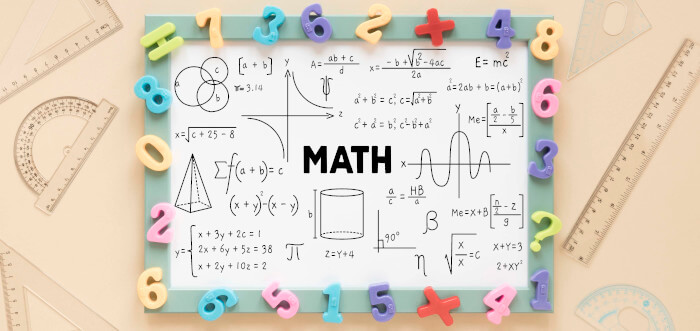GAP is a system for computational discrete algebra, with particular emphasis on Computational Group Theory.
GAP provides a programming language, a library of thousands of functions implementing algebraic algorithms written in the GAP language as well as large data libraries of algebraic objects.
GAP is used in research and teaching for studying groups and their representations, rings, vector spaces, algebras, combinatorial structures, and more.
Features include:
- Mathematical capabilities accessible through:
- a large library of functions, containing implementations of various algebraic algorithms, part of which is divided into ‘Modules’ under the responsibility of ‘maintainers’.
- separate packages of additional functions for specialized purposes which can be used like library functions.
- data libraries containing large classes of various algebraic objects that are accessible by using GAP commands.
- A programming language, also called GAP, which is interpreted and can be compiled. It can be used interactively at the keyboard or to write programs to be saved and then executed. Such programs can easily be modified and rerun. The language features:
- Pascal-like control structures.
- automatic memory management including garbage collection.
- streams.
- flexible list and record data types.
- built-in data types for key algebraic objects.
- automatic method selection building on a mechanism for automatically choosing the highest ranked method for a certain operation, depending on the current state of all its arguments, so that GAP objects representing mathematical objects may gain knowledge about themselves during their lifetime resulting in better methods being chosen later on.
- An interactive environment that supports in particular:
- line editing e.g. tab completion.
- break loops for debugging,
- further debugging and profiling facilities for GAP programs.
- online help (i.e. online access to the manuals).
- a graphical user interface for GAP.
- further GAP interface programs provided by users.
- Cross-platform – runs on Linux, MacOS, and Windows.
Website: www.gap-system.org
Support: FAQ, GitHub code repository
Developer: GAP Group
License: GNU General Public License v2.0
Return to Computer Algebra Systems
| Popular series | |
|---|---|
| The largest compilation of the best free and open source software in the universe. Each article is supplied with a legendary ratings chart helping you to make informed decisions. | |
| Hundreds of in-depth reviews offering our unbiased and expert opinion on software. We offer helpful and impartial information. | |
| The Big List of Active Linux Distros is a large compilation of actively developed Linux distributions. | |
| Replace proprietary software with open source alternatives: Google, Microsoft, Apple, Adobe, IBM, Autodesk, Oracle, Atlassian, Corel, Cisco, Intuit, and SAS. | |
| Awesome Free Linux Games Tools showcases a series of tools that making gaming on Linux a more pleasurable experience. This is a new series. | |
| Machine Learning explores practical applications of machine learning and deep learning from a Linux perspective. We've written reviews of more than 40 self-hosted apps. All are free and open source. | |
| New to Linux? Read our Linux for Starters series. We start right at the basics and teach you everything you need to know to get started with Linux. | |
| Alternatives to popular CLI tools showcases essential tools that are modern replacements for core Linux utilities. | |
| Essential Linux system tools focuses on small, indispensable utilities, useful for system administrators as well as regular users. | |
| Linux utilities to maximise your productivity. Small, indispensable tools, useful for anyone running a Linux machine. | |
| Surveys popular streaming services from a Linux perspective: Amazon Music Unlimited, Myuzi, Spotify, Deezer, Tidal. | |
| Saving Money with Linux looks at how you can reduce your energy bills running Linux. | |
| Home computers became commonplace in the 1980s. Emulate home computers including the Commodore 64, Amiga, Atari ST, ZX81, Amstrad CPC, and ZX Spectrum. | |
| Now and Then examines how promising open source software fared over the years. It can be a bumpy ride. | |
| Linux at Home looks at a range of home activities where Linux can play its part, making the most of our time at home, keeping active and engaged. | |
| Linux Candy reveals the lighter side of Linux. Have some fun and escape from the daily drudgery. | |
| Getting Started with Docker helps you master Docker, a set of platform as a service products that delivers software in packages called containers. | |
| Best Free Android Apps. We showcase free Android apps that are definitely worth downloading. There's a strict eligibility criteria for inclusion in this series. | |
| These best free books accelerate your learning of every programming language. Learn a new language today! | |
| These free tutorials offer the perfect tonic to our free programming books series. | |
| Linux Around The World showcases usergroups that are relevant to Linux enthusiasts. Great ways to meet up with fellow enthusiasts. | |
| Stars and Stripes is an occasional series looking at the impact of Linux in the USA. | |
